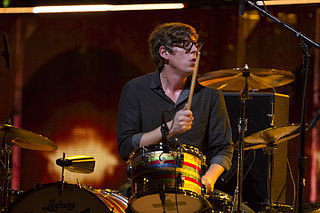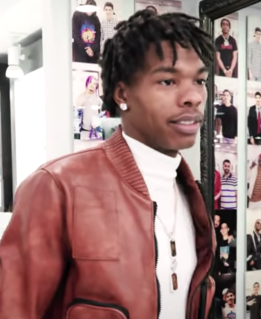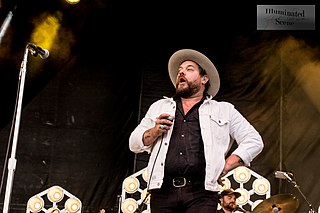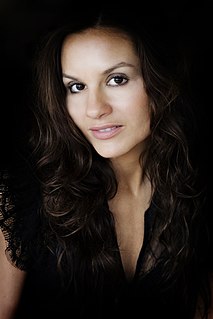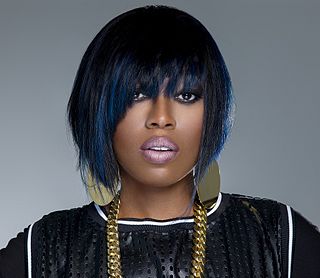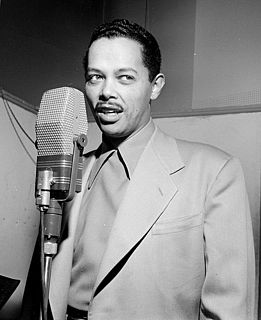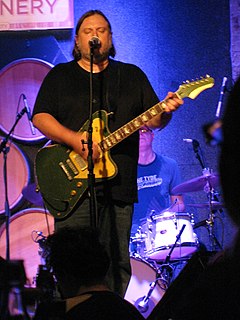A Quote by Benji Madden
One of the most harmful things in the music industry is 'record-by-committee,' where 10 people from the label gather around, and they make you write a 100 songs and decide which one's a hit. That takes the inspiration out of it.
Related Quotes
In theory, when you're working with a record label, you're just borrowing their money. And that's basically how the record industry works, right? It's like, you borrow $100,000 from a record label, so you don't make any money until you make back that money for them. In theory, they have you held hostage, so you've got to do every little stupid thing that they want you to do.
If you have good songs and a real desire to make music, the next thing to do, instead of approach record companies, is to get yourself a really good manager because then it allows you to focus on your profession of being a musician. Then they can focus on the darker art of the record label and the music industry.
I work at a record label where I have archives. These things [memorabilia] occurred and are important to somebody, and they're important to me. I find the record industry largely repellent. This music, the Teen Idles, all of that stuff, is important to me. I don't have lawyers, an agent or a manager. However I find the music industry largely repellent. I just make records because that's what I love to do. So I think that era, those pieces of media, I keep in my collection.
I got on the phone with the president of my label and I said, "Obviously, I write songs in a lot of styles and play a lot of different kinds of music. We're getting toward the end of our business collaboration. If you could envision a record that you wanted to hear from me, what kind of record would it be?" It wasn't like asking him to fill an order, it was really just a conversation. For all the things I'd ever asked him, this was one thing I'd never asked, and I don't know why. So I was curious. And the thing that he was most interested in hearing was a solo record.
I always try to write a song, I never just want to write a record. Originally I was not writing songs for myself. ....And I can say this, most of the people who have recorded my songs are songwriters themselves. ... Even if I don't release it myself, somebody else might hear it and want to record it. When you write a song, it gives it that potential. When you write a song, a song has longevity. ... So I wanted to sing inspirational music, and that's exactly how I approached it-only the words have been changed to declare my relationship with God. Songwriting is my gift from God.
I love the way I make hip-hop and I refuse to make pop-rap. I don't refuse to make mainstream music, which is why I did a soul record. There was no reason why soul music couldn't get played on the radio and I still wanted to have a relationship with my record label. So, I really enjoyed doing the Strickland Banks album. But there's no point in my trying to release underground hip-hop music on a major label. That part of my talent, or part of my art, had to live somewhere else and feature film was the perfect vehicle for it.
My record label, which is a huge record label who represents massive, massive stars - they've never done anything like this before, and they were so excited about this idea of an animated character which is singing legitimate music. It's not a comedy record, it's a legitimate record. And they really jumped on board. So, we've got our Facebook page up, we'll be jumping on Twitter very soon, and sort of be creating Haley outside of American Dad.

